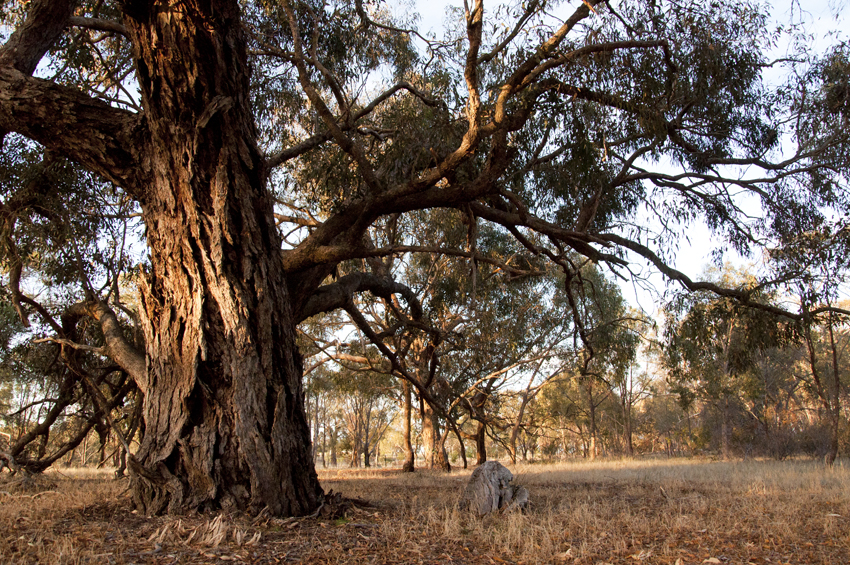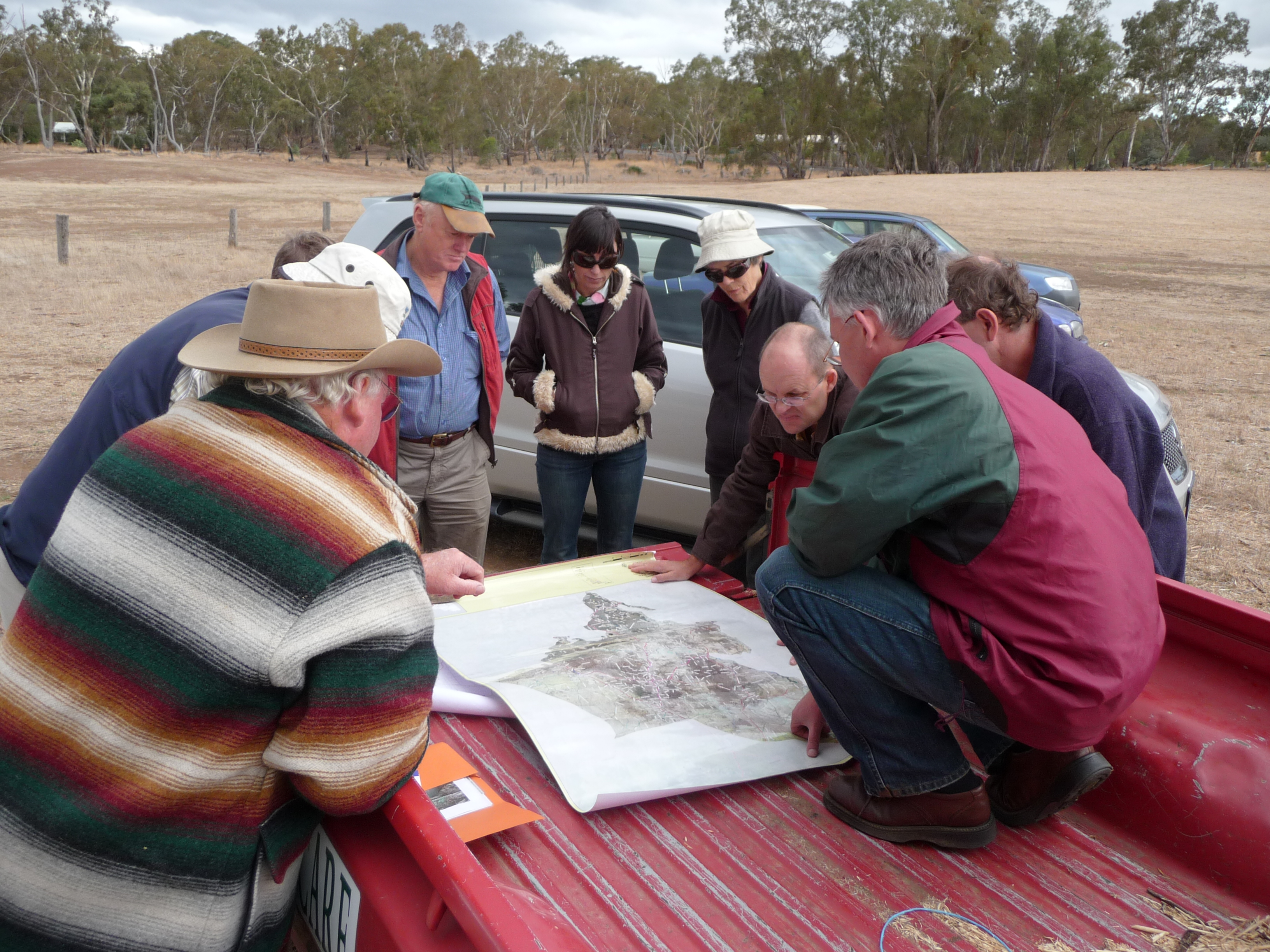What is Connecting Country?
Connecting Country is a community organisation working to restore landscapes across the Mount Alexander region of central Victoria. Since 2007 we’ve worked with over 200 landholders and community groups to rehabilitate more than 10,000 hectares of habitat for local plants and animals.
Our work is based on four key action areas:
- Support Landcare through our Landcare Facilitator and 30 local Landcare and Friends groups.
- Restore landscapes through on-ground actions such as protective fencing for existing habitat, revegetation, and weed and pest animal control.
- Engage community through environmental education, workshops, information sharing, an informative website, social media and volunteer involvement.
- Monitor biodiversity and landscape health through citizen science with a focus on woodland birds and arboreal mammals.
Our vision is for the people of the Mount Alexander Region to be proud of the beautiful, productive, healthy and diverse landscapes, habitats, forests, waterways, flora and fauna that we have supported and created in our region.
To restore landscapes and achieve our vision we seek funds from diverse sources. Please contact us if you would like to become a project partner, or know of grants or other funding opportunities that can benefit biodiversity in our region. To learn about priority projects that require funding, please view our Connecting Country Prospectus.
You can view Connecting Country’s Constitution here.
Our history
In 2007, The Norman Wettenhall Foundation (now Wettenhall Environment Trust) developed a work plan for supporting community-led landscape restoration in south-east Australia. The Executive Officer contacted Friends of the Box-Ironbark Forests (Mount Alexander Region), an environment group in Castlemaine, to see if there was interest in working collaboratively across the region on a landscape restoration project. A Reference Group was then formed.
During 2008, the project produced a Biodiversity Blueprint that identified our assets, the possible threats they face and what future actions we can take. It suggested directions, clarifies our priorities in landscape restoration and helped us to reconcile cultural, agricultural and natural values.
In 2009, Connecting Country worked in partnership with the North Central Catchment Management Authority to implement a program across the local landscape that had a specific focus on the threatened species, the Brush-tailed Phascogale (Tuan), and its Yellow Box Woodland habitat.
 Since 2012, we have implemented programs related to local Landcare support, habitat connectivity, weed removal, supporting the development of local action plans, habitat enhancement for woodland birds, community skills training in environmental management and biodiversity monitoring. You can find more information on our current projects here.
Since 2012, we have implemented programs related to local Landcare support, habitat connectivity, weed removal, supporting the development of local action plans, habitat enhancement for woodland birds, community skills training in environmental management and biodiversity monitoring. You can find more information on our current projects here.
‘We are so fortunate to have Connecting Country, your newsletters give me so much
involvement with our community but most of all JOY.’
– Gayle Gissing, Campbells Creek
‘It’s very gratifying to see Connecting Country paying attention to degraded landscapes
and encouraging restoration in woodland landscapes that are largely eliminated. If we
want these habitats in the future we must restore them almost from scratch. We need
test sites, to trial restoration approaches and monitor speed of recovery. Greenhill, (a
Connecting Country funded site) is a model for us all and hugely encouraging. It is an
example of what can be done with informed and carefully targeted, funded works.’
– Dr David Cheal, Federation University and Redesdale resident
‘The monitoring programs that Connecting Country are carrying out in their local region
are valuable for several reasons. First, they are being undertaken in a careful way, such
that the results obtained have the potential to provide meaningful new knowledge
about the flora and fauna of the local area and changes through time. This is not
always the case with community projects…Second, their programs have a strong
community element, with opportunity for community members to engage, learn about
nature and to see the outcomes.’
– Professor Andrew Bennett, Latrobe University




